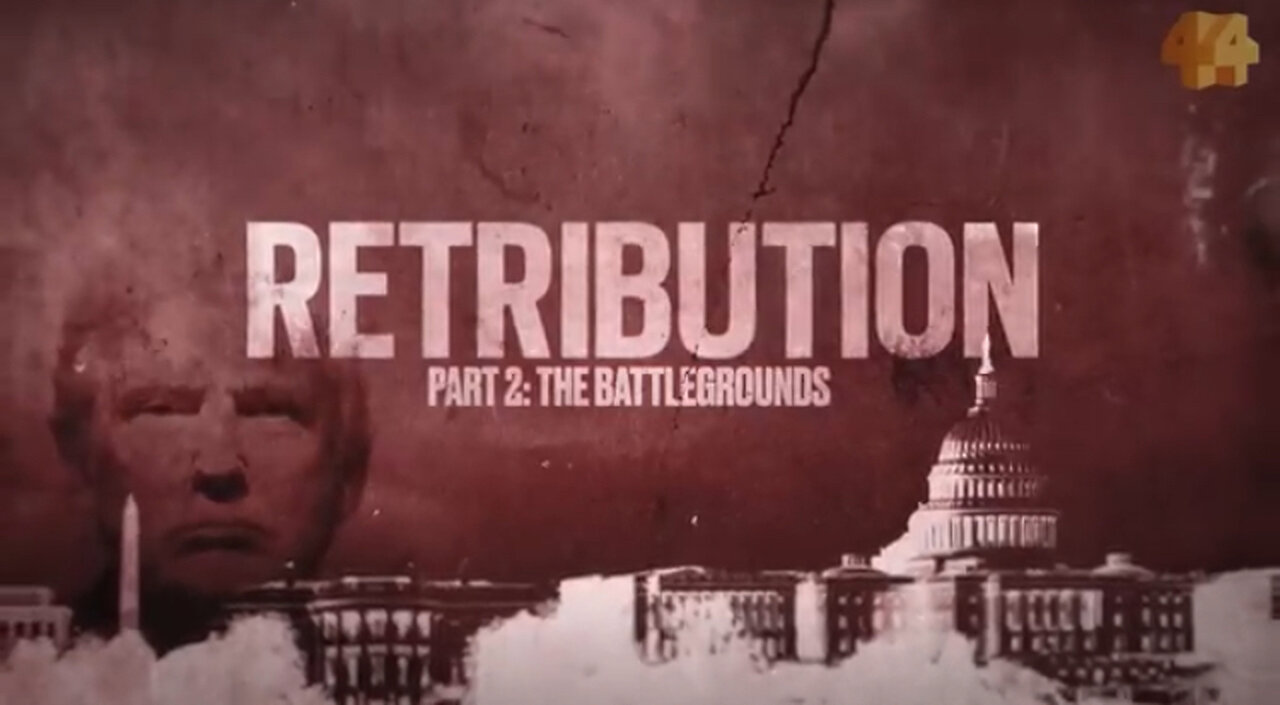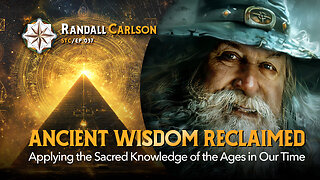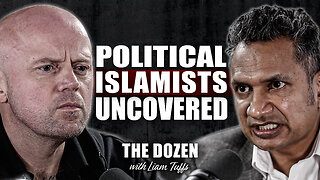Premium Only Content

Retribution: The Battlegrounds | Part 2 (2024)
The United States finds itself at a critical juncture, torn apart by divisive issues such as immigration, economy, abortion rights, and race. These contentious subjects became starkly evident during the assassination attempt on the former President Donald Trump, which not only left him bloodied but also defiant in his mission to address these pressing concerns.
As Four Corners takes a deep dive into America's current political landscape ahead of the November presidential election, Mark Willacy embarks on an eye-opening journey across key battleground states, seeking insights from citizens and leaders alike.
Donald Trump has consistently emphasized immigration as a central theme in his political rhetoric - a stance that was brought into sharp relief during the assassination attempt on him at an event, which ultimately galvanized support among his staunchest followers. As America grapples with its identity amidst economic turmoil, divergent views on reproductive rights and persistent racial tensions, immigration stands as a formidable force dividing the nation.
In this crucial election cycle, marked by unexpected turns such as Joe Biden's departure from the race, Four Corners investigates the most salient issues at play. The journey begins in Arizona's arid expanses where Trump vows to "stop the invasion" of migrants at Mexico's border. This sentiment echoes within immigration crisis zones like the makeshift camp near a controversial facility, illustrating starkly contrasting perspectives on America’s borders and its duty towards those seeking refuge.
Throughout Georgia, Trump supporters reiterate their devotion to the former President and his promise to restore America's glory; this is evident at rallies where loyalists express admiration for Trump despite grave concerns over civil unrest or potential criminal threats.
As election day nears, the weight of America's collective future hangs heavy - with citizens grappling over their beliefs, values, and visions for a united nation in which every voice is heard and respected. The narrative underscores not just the urgency to comprehend these intricate issues but also the imperative necessity of navigating them responsibly, fostering constructive dialogue that steers us towards an inclusive future where ideological differences don't supersede our shared humanity.
-
 27:00
27:00
Squaring The Circle, A Randall Carlson Podcast
5 hours agoSPECIAL EPISODE: #037 Randall Carlson Explains The Vital Role of Sacred Geometry in the Modern Age.
6931 -
 15:31
15:31
DEADBUGsays
2 hours agoThe Sagamihara Massacre (Japans worst modern day mass killing)
82 -
 1:24:06
1:24:06
TheDozenPodcast
20 hours agoIslamist Gangsters, Grooming Gangs, Labour Elites: Raja Miah
5.8K4 -
 19:39
19:39
Fit'n Fire
21 hours ago $2.13 earnedRiley Defense RAK47 "Krink" 1,696 Rounds Later
23.2K5 -
 31:05
31:05
The Finance Hub
17 hours ago $5.32 earnedI CAN'T BELIEVE WHAT JUST HAPPENED TO BARACK OBAMA!
14.1K22 -
 5:00
5:00
Adam Does Movies
15 hours ago $0.79 earnedCompanion Movie Review - Objectifying Sexbots Ends Today!
8.69K1 -
 14:23
14:23
GBGunsRumble
1 day agoGBGuns Armory Ep 136 Genesis Arms Gen-12 SSBM
6.33K2 -
 1:11:26
1:11:26
PMG
1 day ago $0.62 earnedTRANTIFA BORDER PATROL ASSASSINS!
6.29K1 -
 2:15:15
2:15:15
vivafrei
22 hours agoEp. 249: Confirmation Hearings RECAP! Canada-U.S. TRADE WAR? Bureaucrats Sue Trump! Viva Barnes Live
192K444 -
 4:51:59
4:51:59
MyronGainesX
16 hours agoIRS Auctions Off Tekashi 69's Possessions
198K28